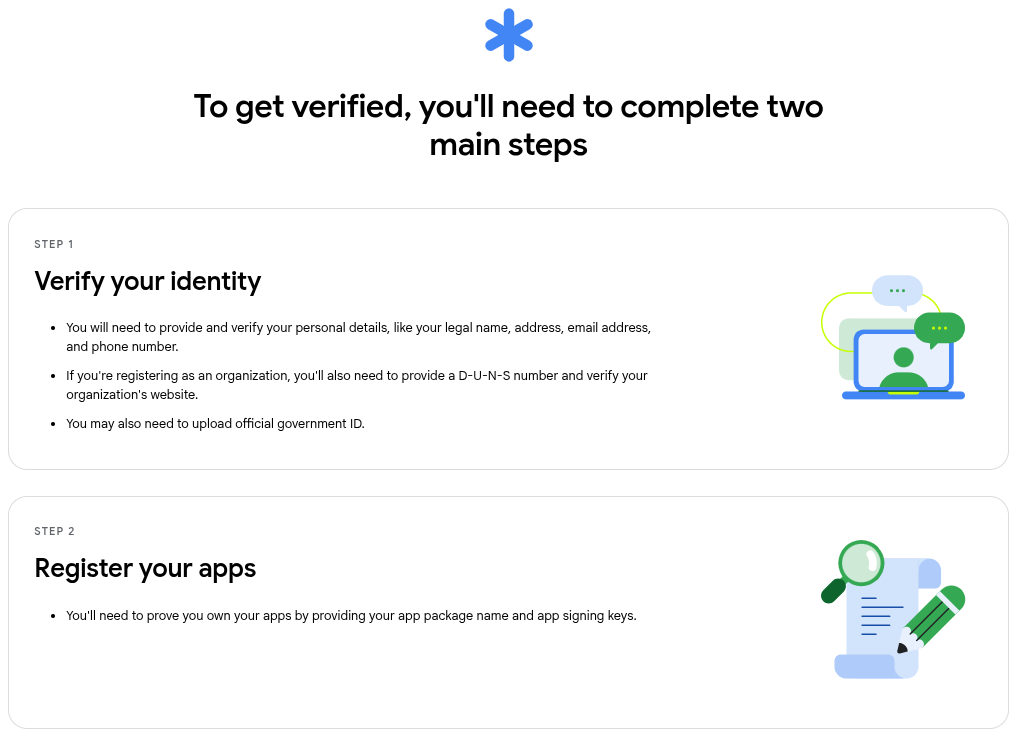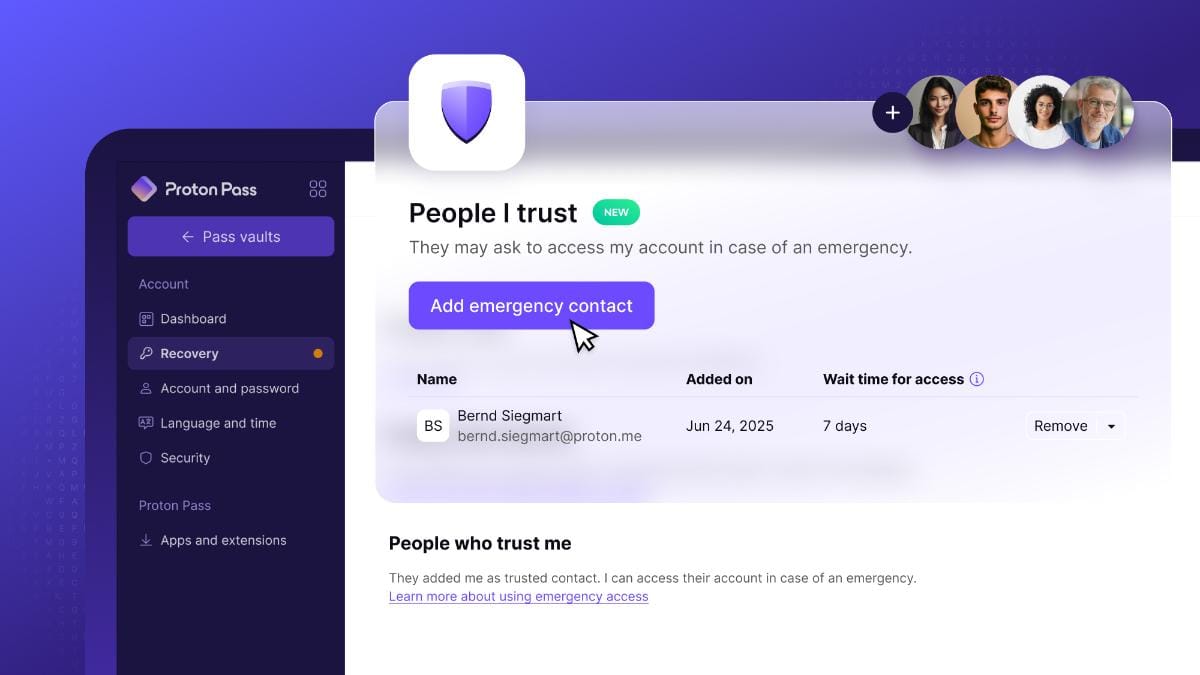Residents, Experts Rally Against Massive Gas Plant on Sensitive N.B. Isthmus
About 80 people gathered in the basement of a church in Midgic, New Brunswick, to oppose a proposed 500-megawatt gas plant near Centre Village, warning it could threaten wetlands, drinking water, and local wildlife—and urging a shift toward renewable energy alternatives.
Meeting organizer Terry Jones, whose 178-acre family property is only 1.4 kilometres from the plant proposed on the ecologically sensitive Chignecto Isthmus, told attendees the biggest impact of the gas plant would be on local wetlands, water, and wells, former CBC Radio journalist Bruce Wark reported for NB Media Co-op.
“And this water damage is going to travel all the way to the Tantramar River, to Sackville, to the aquifers down there. So to think that it’s just a Centre Village project, that’s just the tip of the iceberg,” Jones said.
“What we need to do is look at slowing this project down for sure so that we have time,” Jones said,.“Because if everything passes through, they’re going to start in the fall drilling test wells, and in January, first quarter of next year, building and starting the infrastructure.”
“It’s not that we’re anti-progress or anti-development. Not at all,” meeting organizer and Midgic resident Juliette Bulmer told the gathering.
“It’s just such a sensitive area right here.”
It’s one of the few corridors with migratory birds, a moose project, and more, she added.
“A lot of you have been living on the land for a long time. You’ve got generations of families and you know what it’s been like living here,” Bulmer said as someone in the audience called out, “The water is so good here.”
“The water is so good here,” Bulmer repeated.
“We have a right to have clean water, clean air, and to enjoy our property,” Jones said adding there’s potential for safe, eco-friendly tourism in the area.
“But, we’re looking at building a concrete pad up there and sticking in generating stations.”
No ‘Confidence’ In The Province
MLA Megan Mitton (GPC-Tantramar) reported on the provincial environment minister’s response to her letter calling for a comprehensive environmental impact assessment (EIA) that would require extensive public consultations.
She said Gilles LePage wrote back to say he would not decide on whether to order a comprehensive EIA until initial reviews had been completed, and he added: “It should be noted that comprehensive reviews are generally required for large scale projects like mines, refineries, nuclear power, etc.”
“So, I don’t have confidence in the provincial government,” Mitton said.
She offered to use her constituency office to coordinate e-mail and telephone lists as a tool for organizing and sharing information. She said she would also present petitions against the project in the legislature, but warned that legislators won’t meet until October and it’s easy for the government to ignore petitions.
Diesel Dangers
Barry Rothfuss, executive director of the Atlantic Wildlife Institute (AWI), which would be 4.5 kilometres from the generating plant, spoke about his expertise in addressing the environmental effects of projects like this.
AWI is the only organization in Atlantic Canada that is certified to deal with risks and threats to ecologically sensitive flora and fauna, and to suggest ways of mitigating damage when it occurs.
“I’ve been in a lot of facilities like this,” he said. “Just to access these facilities, you need special training. You need understanding of the environments you’re walking into.”
He added that the big, 10-generator plant will be using diesel fuel as a backup to gas. That would require a diesel storage capacity of three million gallons.
Rothfuss said if significant leaks occurred, local organizations would not have the capacity to deal with them.
“These types of facilities are notorious for leaks and things going wrong and human error,” he added.
In addition to AWI, speakers for the Canadian Parks and Wilderness Society and EOS Eco-Energy expressed their environmental concerns about the proposed gas and diesel plant.
Renewable Alternatives
Activist Leslie Chandler told the meeting there are alternatives to fossil fuels such as gas and diesel, including battery energy storage systems.
“The cost of those systems has dropped 50% since 2022,” she said.
“And building one of those is cheaper than a gas plant,” she added referring to a report from the Clean Energy States Alliance in Maine.
Chandler noted that PROENERGY, the American company contracted to build and operate the gas plant, was holding open houses and urged people to carry a message to company representatives.
“Say our community is not having this and we are going renewable.”
“We’re just not buying it, we’re not having it, it’s not happening here,” she added.
Bruce Wark worked in broadcasting and journalism education for more than 35 years. He was at CBC Radio for nearly 20 years as senior editor of network programs such as The World at Six and World Report. He currently writes The New Wark Times, where a version of this story first appeared on August 12, 2025.
The story was published August 13, 2025 by NB Media Co-op and is republished with permission.









